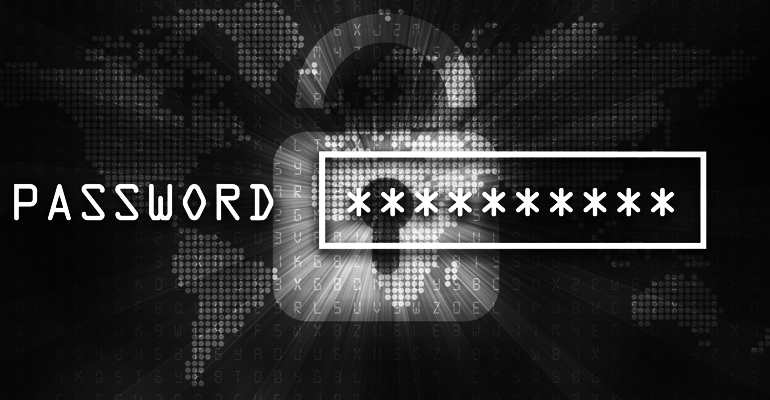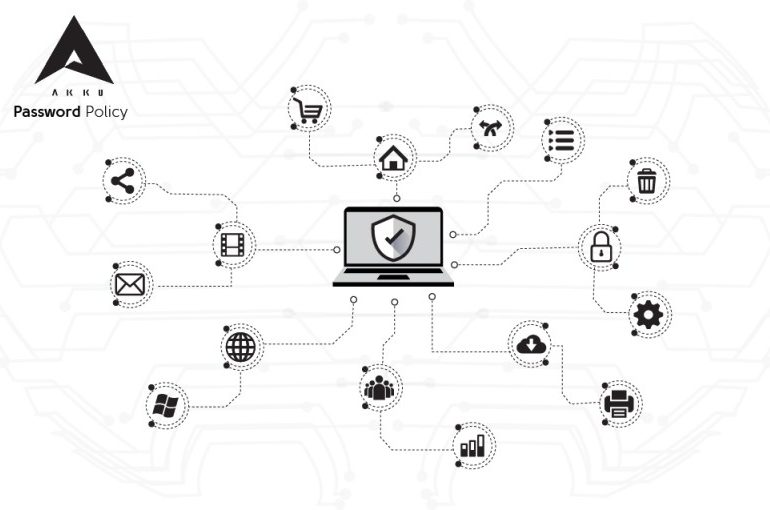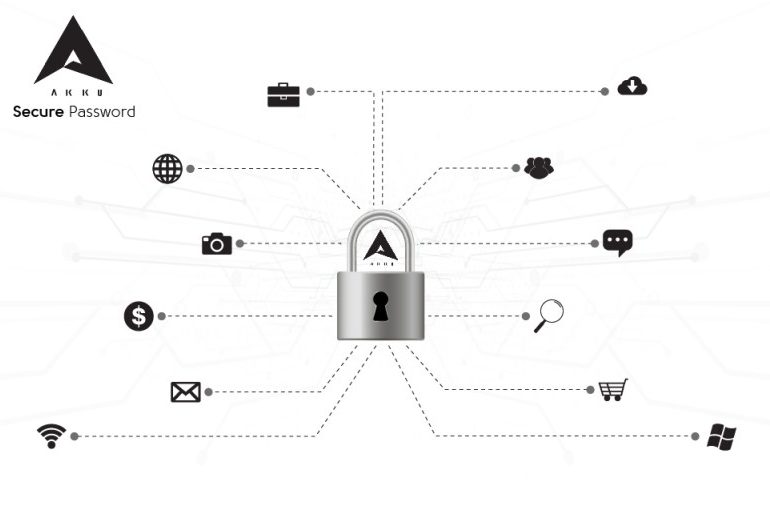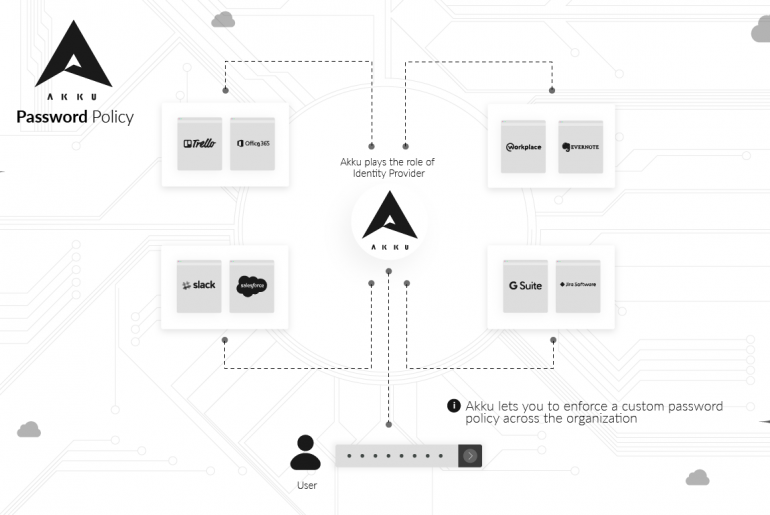In recent times, you might have noticed user accounts being compromised by the millions, and yet companies refute these claims saying that their systems are secure and have not been attacked. In these cases, the companies are right – instead of a direct attack, the hackers may have performed an attack called ‘credential stuffing’. In this type of attack, hackers get their hands on usernames and passwords of one application or service and stuff the same credentials on another login for another digital provider.
Most people use a Password Manager to save their account passwords. A password manager is an app or device which serves as a single collection point for all of a user’s account credentials. LastPass and Dashlane are two well-known password managers in the market. The usage of a password manager presents a security risk in case of a data breach. In fact, as per the Independent, the password manager LastPass was hacked and a data breach did occur, compromising user credentials.
Your password – your secret passphrase or PIN that you use for your email, social media profile, or applications at work – is necessary for you to gain access to your accounts. But more importantly, your password plays a critical role in ensuring that no one else has access to your accounts, ensuring the security and privacy of your own as well as your organization’s data and applications.
The European Union enforced the General Data Protection Regulation (GDPR) in May 2018 with three main aims: to harmonize data privacy laws across Europe, to protect and empower the data privacy of all EU citizens and to reshape the way organizations across the region approach data privacy. As you can see “data privacy” is the keyword in all three of the above mentioned aims. With multiple data breaches coming to light in the recent years, even from several of the world’s biggest corporates, the European Union has enforced stringent measures to regulate the use and prevent the misuse of citizens’ data through the GDPR.
An array of information being stored online comes with major security risks. Therefore safeguarding data is an important consideration at any organization. And the security of your data relies heavily on the strength of your users’ passwords. The stronger your passwords, the more secure your data! It is important for administrators to drive a strong password policy enforcement, as it is the first layer of defence against black hat hackers and scammers.
A password policy is a set of rules created to upgrade an application’s security by requiring its users to frame a strong password and to utilize it in an appropriate way.





